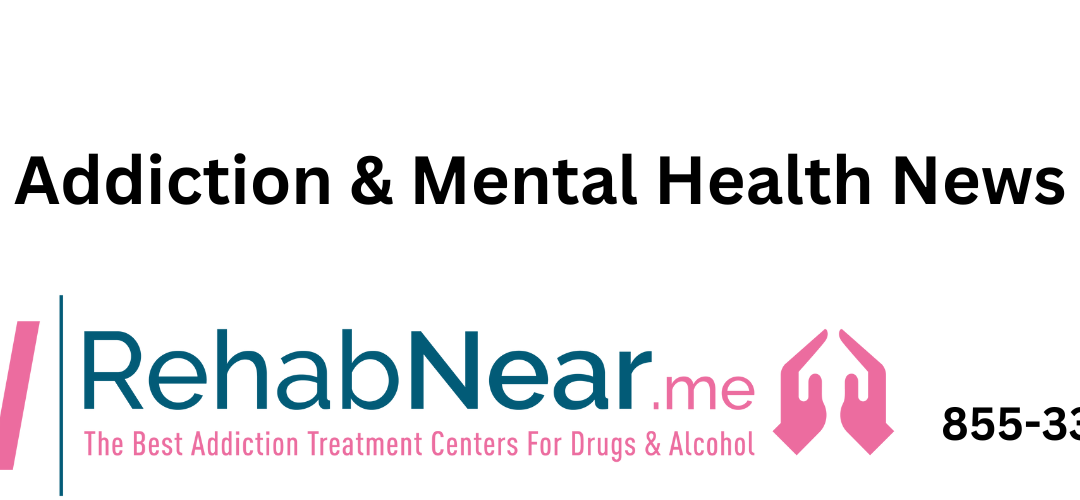Metaphors are not just literary devices for writers to embellish their texts. They are linguistic tools used in everyday life, in most cases with the aim of better understanding and conveying the reality of the world around us. Researchers at the Universitat Oberta de Catalunya (UOC) have developed the first Mental Health Metaphor Dictionary, a pioneering repository that brings together and exemplifies the most important conceptual metaphors used in Spanish by people with serious mental illnesses, mainly schizophrenia, bipolar disorder, depression and obsessive-compulsive disorder. The repository is based on first-person accounts of what it is like to live with a particular mental disorder and can be useful for mental health communicators and professionals, relatives of people diagnosed with one of these illnesses and even for the people with these disorders themselves.
According to Marta Coll-Florit and Salvador Climent Roca, researchers from the Linguistic Applications Interuniversity Research Group (GRIAL) of the Faculty of Arts and Humanities, who coordinated the development and creation of the repository, “this is a tool to raise visibility and awareness in society about the suffering of people with mental illnesses. We believe that this dictionary can help us all to reflect on the way we talk about mental health and to realize the power of our words.”








